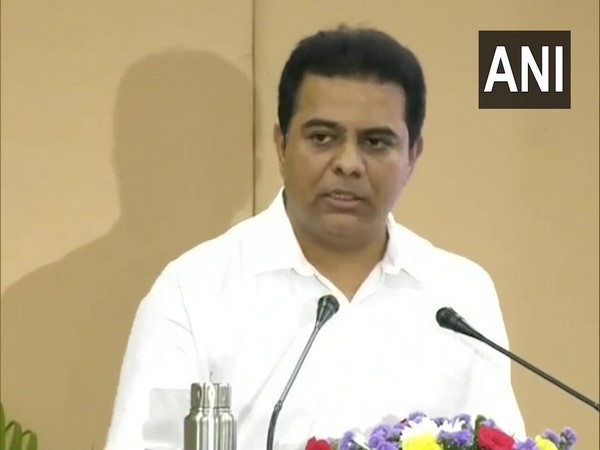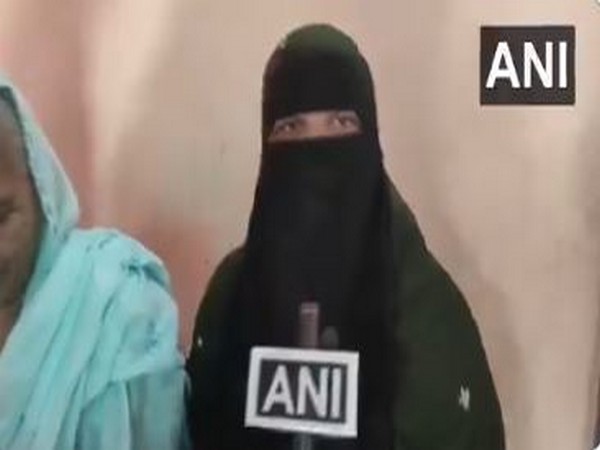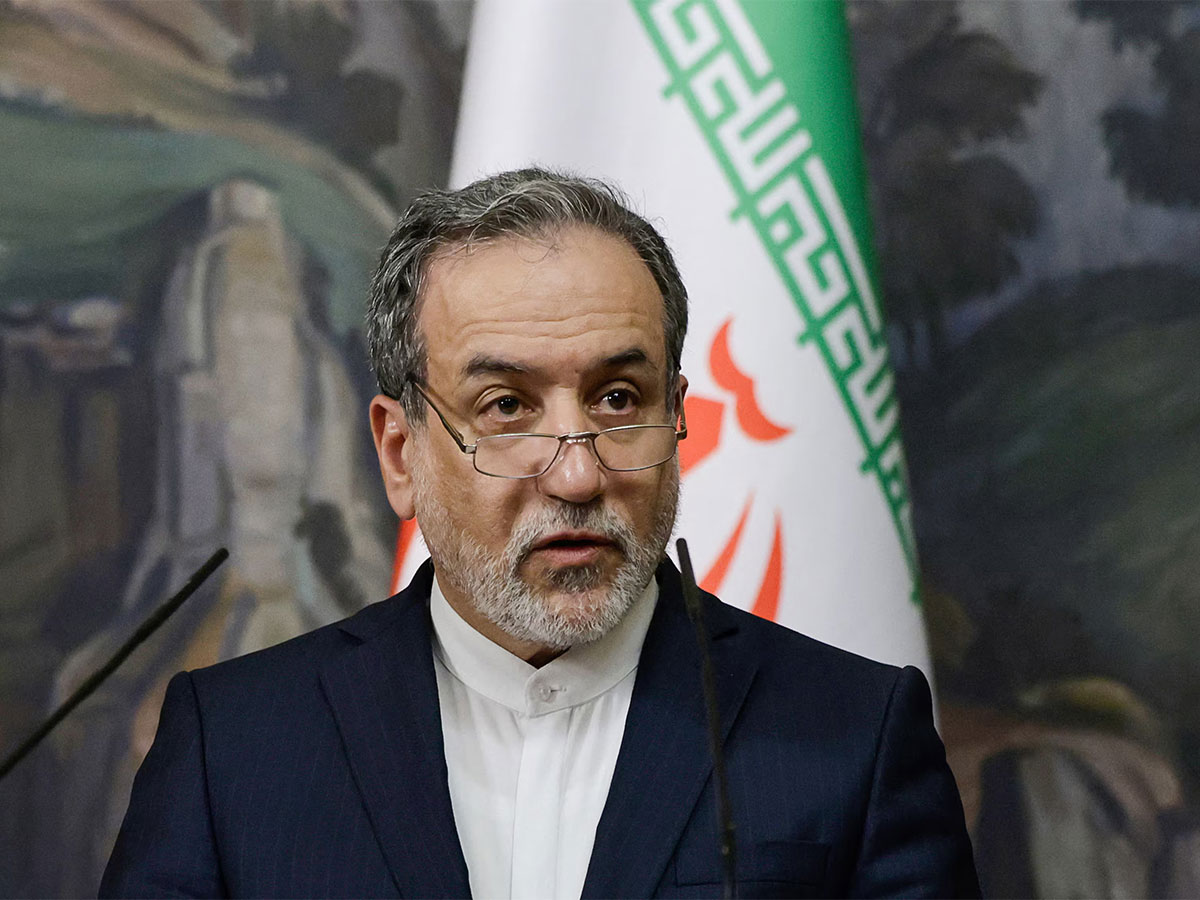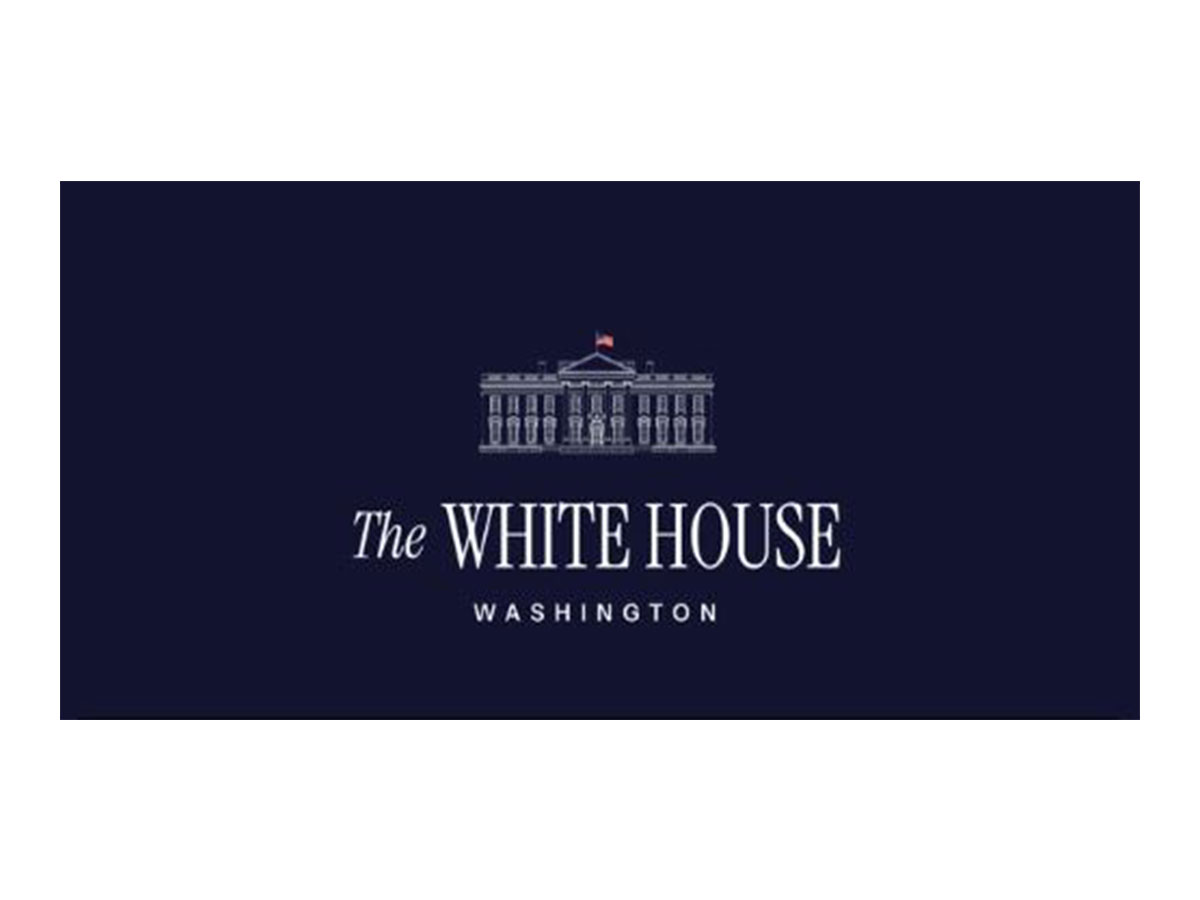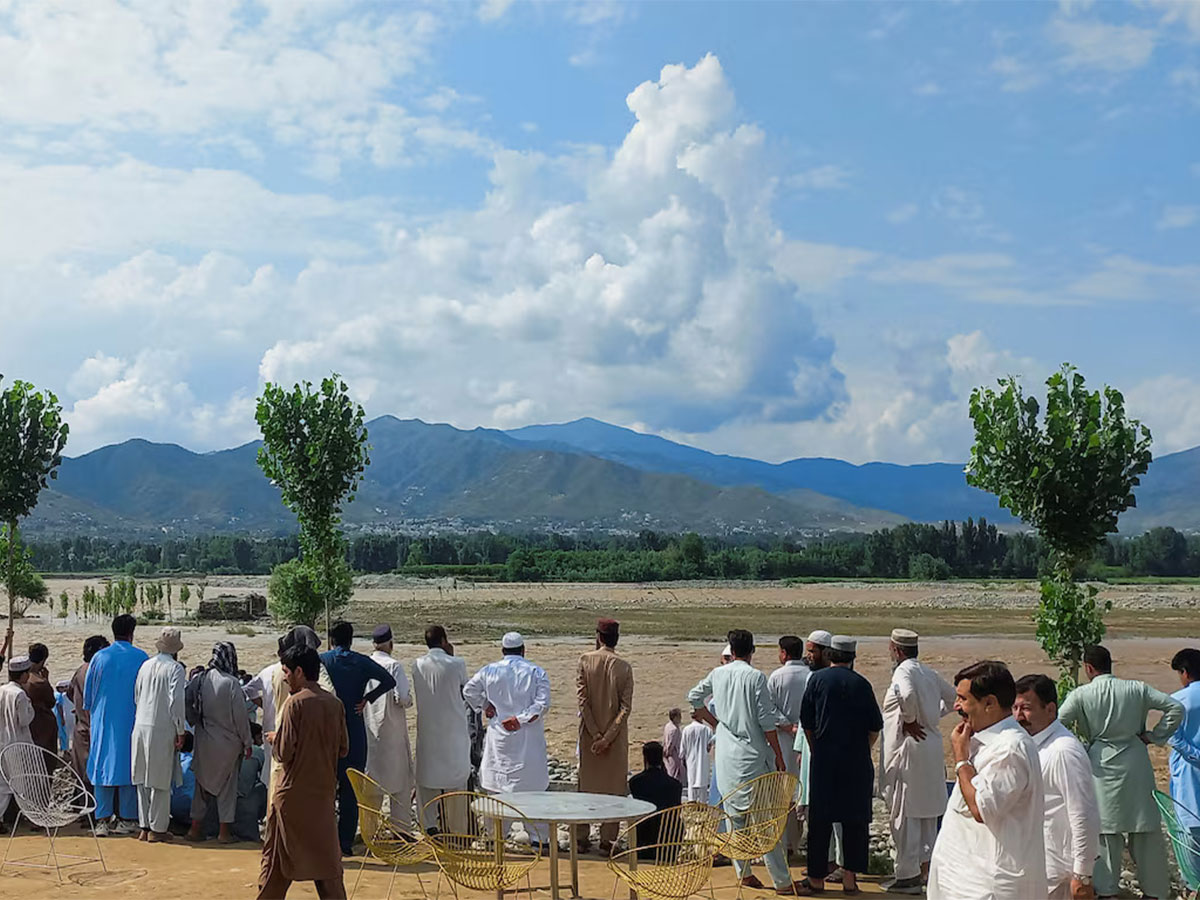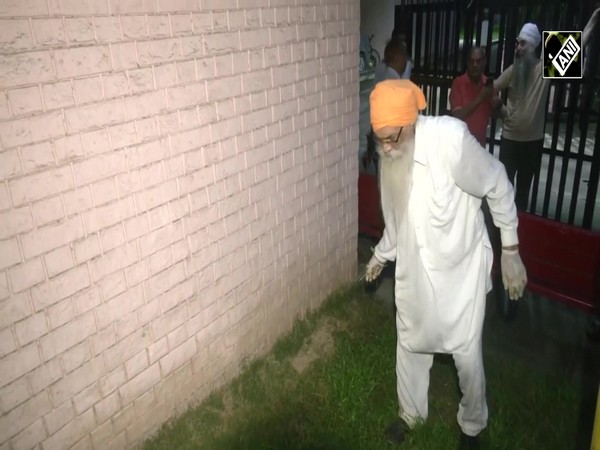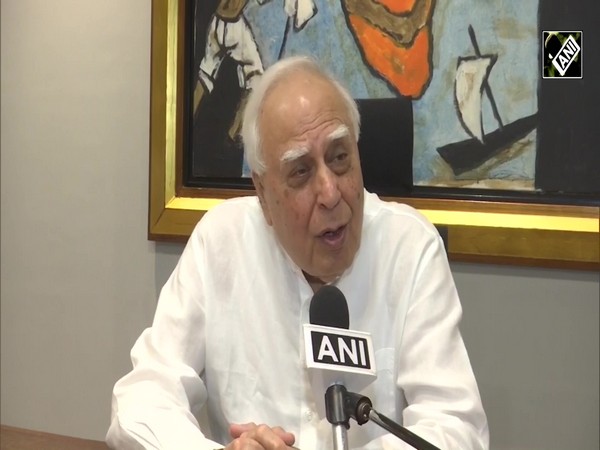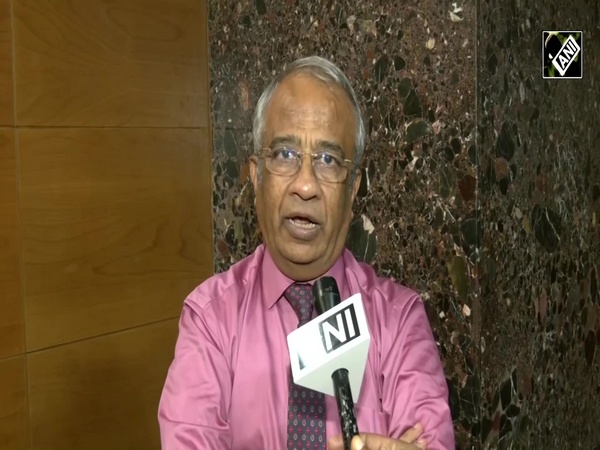India increasingly emerging as hub for intellectual and innovative prowess: Nirmala Sitharaman
Mar 09, 2024

New Delhi [India], March 9 : The Union Finance Minister Nirmala Sitharaman on Saturday during an event of the launch of a Book authored by Justice Prathiba M Singh said that India is increasingly emerging as a hub for intellectual and innovative prowess as patent filing and the number of patents granted have surged to record highs. India's ranking on global innovation indices has also risen sharply in recent years.
Sitharaman also said that the book authored by Justice Pratibha M Singh is an important resource on the wide-ranging aspects of India's fast-paced and ever-evolving IPR regime and the interplay between legal, technological, and economic factors.
"Justice Pratibha M. Singh has had a close view of the developments in India's intellectual property regime over the years and the book is a reflection of her profound understanding and contribution to the larger field of IPR law and policy. Her insights, drawn from a long, inspiring and illustrious legal and judicial career, offer invaluable insights into the larger Indian patent law jurisprudence," she added.
Innovation lies at the heart of progress, and a robust Intellectual Property Rights (IPR) regime is critical not just to foster innovation but also to drive investment, technology transfers and the ability of a country to compete and succeed in the global marketplace.
"A priority focus of the government in the last decade has been to establish a robust, equitable, and vibrant IPR regime suited to the demands of a 21st-century knowledge-based economy," Nirmala Sitharaman said.
Delhi High Court Judge, Justice Prathiba M Singh was a member of the IPR Think Tank which drafted India's first "National IPR Policy" which was released in May 2015.
She was elevated as a permanent Judge of the High Court of Delhi in May 2017. In the year 2022, Justice Prathiba M Singh became the first Indian Judge to be elected as an Honorary Fellow of Hughes Hall, University of Cambridge, UK.
While exclusively talking to ANI, Justice Prathiba M Singh said, "There was no book in patent law in India. Even when I was arguing as a lawyer and we were appearing before Supreme Court and high courts, we would only refer to foreign books. There was no book in patent law and therefore there was a big gap and a need for writing a book. And since I had got the expertise as a lawyer, I thought it was my time to write and give it back to society."
Justice Prathiba M Singh through the book stated that the Patent law has been a subject of considerable debate in India since its inception. Before Independence, India was governed by the colonial law of 1911. However, post-independence, two Committees appointed by the Government, viz., the Justice Bakshi Tekchand Committee and Justice Rajagopala Ayyangar Committee submitted their reports, which resulted in the Patents Act, of 1970.
The TRIPS Agreement resulted in substantial changes in the law including the introduction of product patents in food and medicines. It also saw an increase in the term of patents uniformly across the world for a term of 20 years.
The TRIPS agreement almost coincided with the liberalisation of the Indian economy and this proved to be a potent combination. There was greater interest expressed in India and as more businesses entered India, IP came into greater focus. IP filings in India increased and there was increased investment in research and development.
Patent cases in India also saw an increase after the introduction of the product patent regime. These cases shaped the jurisprudence over the next 15 years. The IPAB which was established with the TRIPS amendments played its role for a few years and in 2021, it was abolished.
This resulted in the establishment of the IP Division of the Delhi High Court followed by Madras High Court. In most High Courts specific roster assignment is made for the High Court though not exclusively Thus, as of the date of the publication of this book, across India, there is a sharp increase in IP litigation in general and patent litigation in particular
The focus on start-ups, digital technologies, etc., has also led to greater patent filings in India. Incentives have also been given to women inventors. Smaller innovations are being protected. Commercial Courts would also need expertise in dealing with patent litigations.
The impact of the establishment of the IP Division of the High Court on this Commentary was that there was a flurry of case laws that had to be reviewed and included in the Commentary.
We finally agreed to take July 2023 as the cut-off date for decisions, unless something exceptional came along. The Commentary cites around 500 decisions which are a reflection of the robust jurisprudence Indian courts have developed in patent law.

